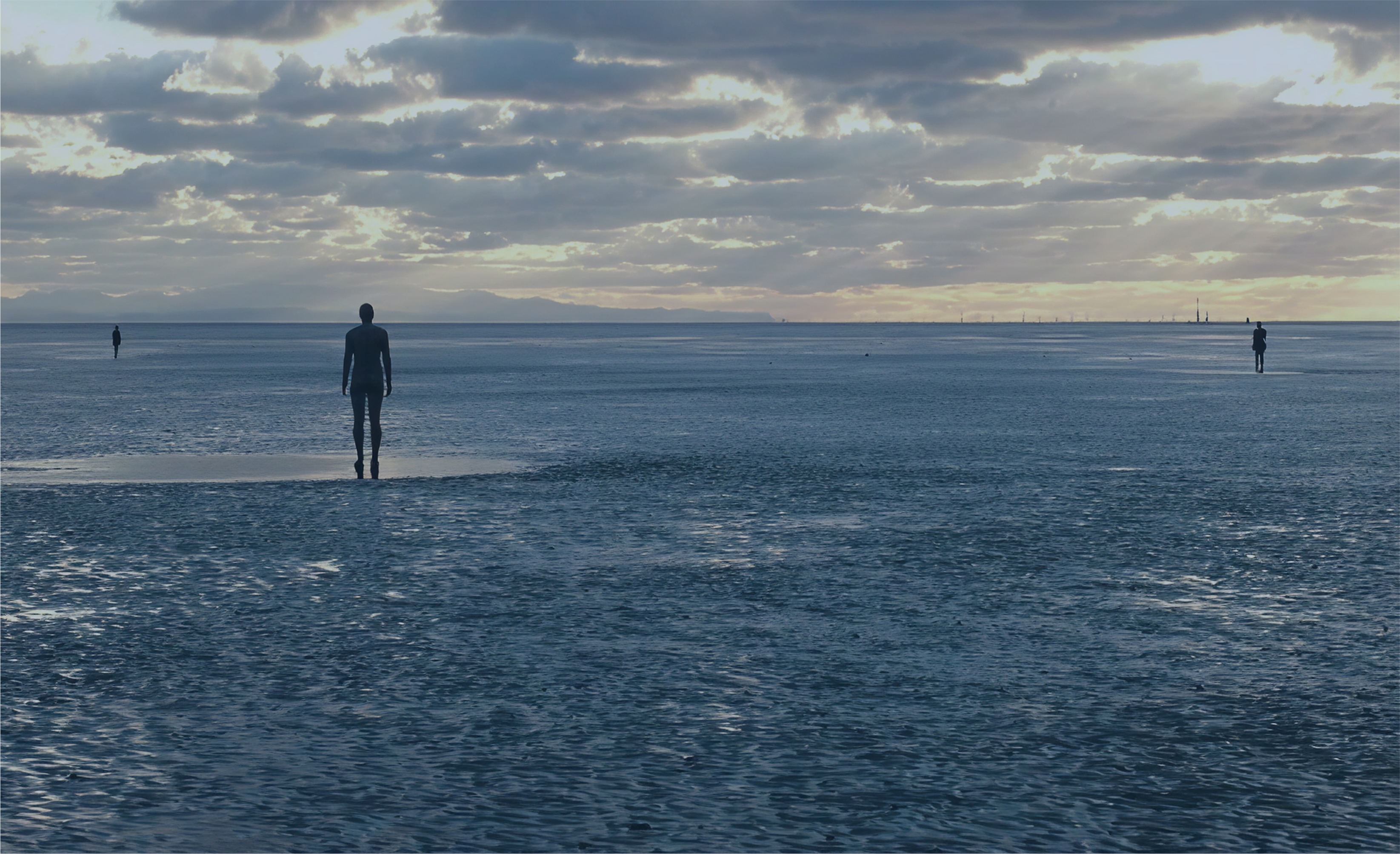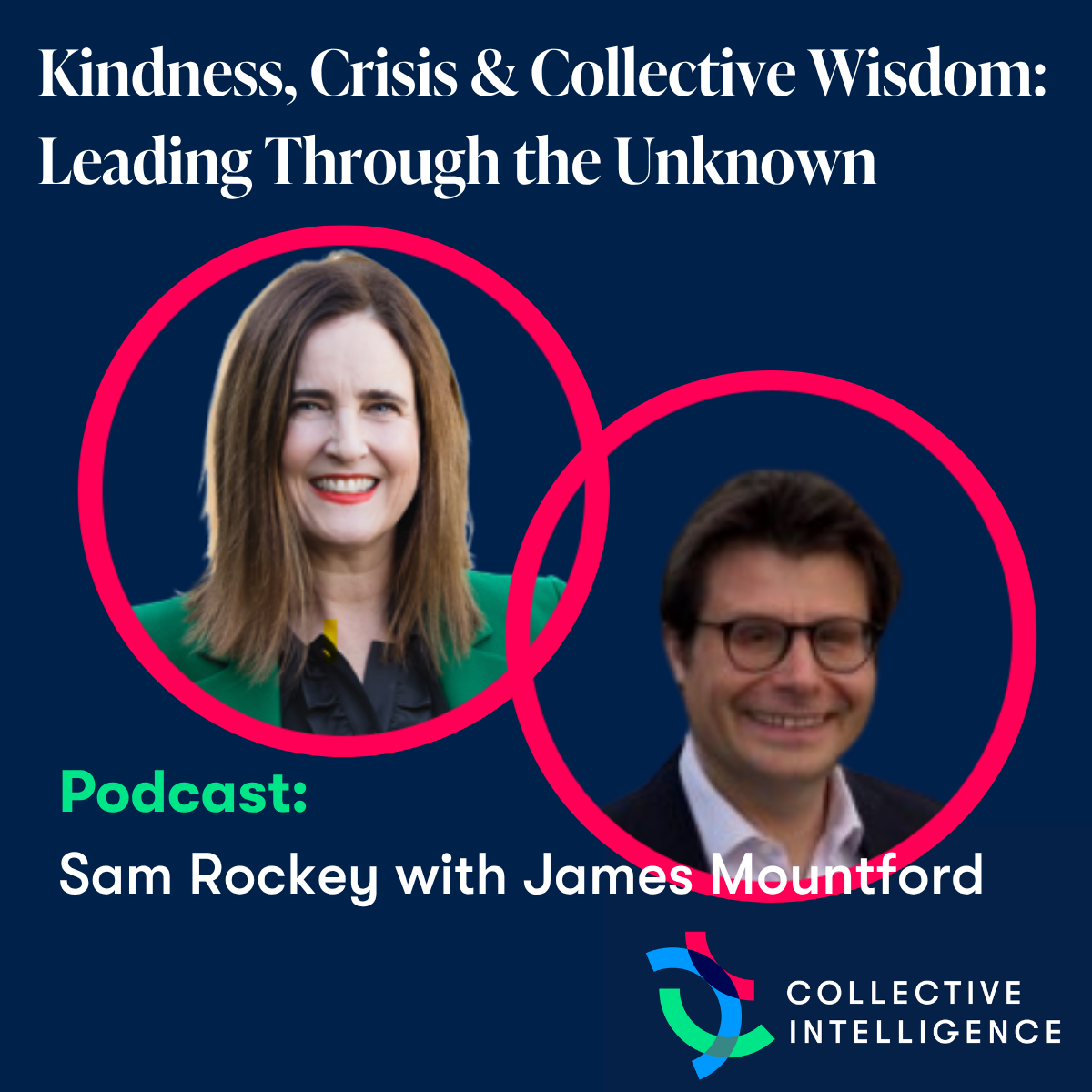
When Homer wrote in the 7th Century BC about Odysseus, the King of Ithaca, he used the Greek word ‘metis’ to describe his leadership skill. During the ten years that Odysseus spent navigating his way home, he had to escape the Cyclops, half his men were turned into swine, the Sirens tempted him onto the rocks as well as having to chart the dangerous course between Scylla and Charybdis…..familiar challenges perhaps to the average corporate executive today.
‘Metis’ means quite literally the combination of wisdom and ‘cunning’ or strategising. ‘It is with metis that a helmsman over the wine-dark sea steers his swift ship battered by the winds,’ Homer explains. It’s the kind of leadership skill that can only be developed through experience. Seamanship manuals may have got Odysseus so far - but it was an improvised, trial and error approach that enabled him to act his way into his legendary leadership.
Just as you can’t learn to ride a bike by reading up on cycling, so it is with leading an organisation. In fact, any leadership – whether of a group of soldiers returning from the Trojan Wars, a start-up or a large corporate, requires ‘metis’. Leadership is not a technical skill to be mastered, it is a constantly evolving set of relationships to be lived. Understanding your relationship to the changing crosswinds, to your team and ultimately to yourself, then, is the curriculum. Good leadership requires daily practice. It is this conscious practice that transforms performance and develops confidence to lead in the strongest of headwinds. To fast track ‘Metis’, all of our leadership programmes lean towards practice, using 5 proven methods:
Experiential Learning - sticky, active, embodied learning.
Behavioural Experiments - practice back at work with feedback loops built in
Shared Experience - working with peers to experience impact together
In the Moment Practice - coupled with in the moment feedback from peers and opportunities for self-reflection
Observational Feedback - from deeply skilled facilitators, coaches and tutors















.png)
































.jpg)






























.png)













.png)











